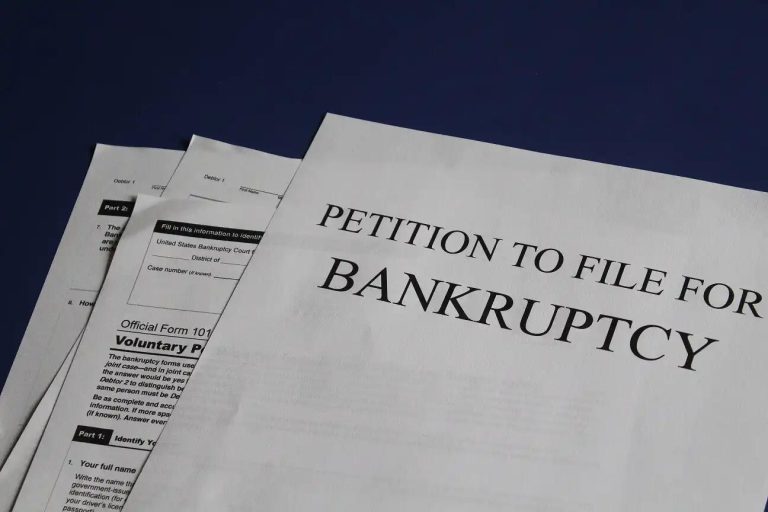Contested vs. Uncontested Divorce: What’s the Difference?
Couples who decide to divorce are always under unique circumstances, determining the course of their marriage dissolution. In best-case scenarios, they mutually agree to end their marriage amicably and have little trouble coming to an agreement on aspects related to their divorce. In such cases, they can file for an uncontested divorce and finalize their marriage dissolution pretty quickly.
However, when a marriage does not end on the best terms or there are disputes on divorce-related aspects, a contested divorce becomes the only option. Contested cases require a judge to intervene to make some or all decisions for a couple. It is crucial to understand that neither route is right or wrong, but couples have to decide what works best for them given their situation.
Here is a quick overview of contested vs. uncontested divorce:
| Uncontested Divorce | Contested Divorce | |
| Expenses | Court fees (~$100-$600) Lawyer’s fees (optional) – $3,000-5,000 | Court fees (~$100-$600) Lawyer’s fees (mandatory) – $12,900 on average |
| Timeline | A few weeks to 6 months depending on a state – 3 months on average. | A few months to a few years depending on the complexity of the case. |
| Decision-making | A couple makes decisions on divorce-related aspects. | Judge makes decisions for a couple. |
| Suitable if | Spouses are in full agreement or have reached it through mediation. | There are disputes between spouses, and mediation is not an option. One of the spouses is a threat to the other one and/or children. |
It is important to keep in mind the number of arrangements that will have to be decided on when filing for divorce. Spouses will be expected to create an agreement that covers:
- Property/Debt division
- Childcare
- Custody and visitation
- Child support
- Alimony awards
What is an Uncontested Divorce?
An uncontested divorce, as the name implies, means that spouses are not in a contest – they agree on all the terms of their agreement regarding property division, alimony payments, child custody, and other aspects of their settlement.
When the parties agree on all the terms, they do not have to go to court to litigate any issues. The couple can put their agreement in writing, fill out a few mandatory forms, and submit their paperwork to their local court for processing. They will likely have to visit a short hearing for a judge to ensure that an agreement is suitable for both spouses, and will be divorced soon after.
Whether a divorce is contested or uncontested, it does not mean that spouses disagree on whether to get a divorce at all or want to blame each other for the breakdown of their marriage. Almost all states have “no-fault” divorce rules, meaning that one spouse may cite irreconcilable differences or incompatibility as their reason for divorce instead of “fault” reasons like adultery, abandonment, or abuse. Some states do not have the fault-based grounds for divorce at all, so neither spouse can prove that the other one did something wrong to cause the marriage to end.
Pros of Uncontested Divorce
There are several benefits to proceeding with an uncontested divorce.
- Speed: An uncontested divorce will be completed in an expedited manner. In an uncontested divorce, since the couple agrees to all the terms of their divorce agreement, there is no need to go through litigation, discovery, or other court procedures. Depending on the jurisdiction where the divorce is filed, an uncontested divorce could be completed in a few weeks to a few months.
- Control: Where the spouses can come to assent to all of the terms, the judge will not re-write the agreement for them unless there are certain violations of law. Therefore, the outcome of the hearing will be mostly predetermined, and there will be no surprises as to who gets what, in terms of both property/debt and childcare responsibilities.
- More Amicable: Because both spouses consent to the negotiated agreement, an uncontested divorce usually leads to a more amicable relationship between the exes.
- Privacy: Since a couple spends less time filing court papers and discussing their dispute with a judge, less of the divorce paperwork enters the public record.
- Less Expensive: Couples to an uncontested divorce will spend less on hourly attorney and court fees since there will overall be less time spent in court. Moreover, a couple has a choice not to hire a lawyer at all and thus cutting the costs tremendously.
Cons of Uncontested Divorce
- Modifications: An agreement for an uncontested divorce receives both parties’ consent and is not formulated by a judge. Therefore, the divorce order is not appealable through the courts right away. In other words, you can’t immediately ask that the judge’s order is reviewed and changed. To modify the agreement, couples will usually have to return to court after a certain period of time has passed and show a significant change in circumstances.
- Hostile Relationship and Different Power Dynamics: If the couple has a hostile or abusive relationship, or there is a significant difference in the power dynamics of the couple which places one spouse in a compromised bargaining position, it could be incredibly difficult to amicably reach an agreement that adequately considers both parties’ interests. In this case, it may be better to involve a third party decision-maker, such as a judge or a mediator, to help determine the terms of a divorce agreement.

What is a Contested Divorce?
A contested marriage dissolution, on the other hand, occurs when spouses cannot reach an agreement on some or all of the divorce aspects. In a contested divorce, the court will be left to make decisions on the couple’s behalf.
Pros of Contested Divorce
- Less Communication: Where spouses are hostile with one another, negotiations regarding sensitive topics like property division and child custody could lead to further tensions. A contested divorce helps to avoid this by leaving the decision to the judge.
- Less Emotional: Because spouses themselves have been removed from the decision-making process, divorce is less likely to stir further conflict between them.
- Appealable: If one spouse is unhappy with the terms the judge has come to, they may appeal the decision through the court.
Cons of Contested Divorce
- More Expensive: One of the largest drawbacks to a contested divorce is attending multiple court hearings, which ultimately means more legal fees to be paid by each spouse to their attorney. A lawyer cannot ethically represent the best interests of their client if they are working for both spouses, so it would be necessary for each one to hire an attorney for themselves.
- Time Consuming: Depending on a judge to reach a decision means that the couple has to work around the court schedule. This could prolong the process for months longer than it would in it an uncontested case.
- Less Control: In a contested divorce, you are no longer the final decision maker of your agreement. For example, a judge will allocate property the way they see fit, but this may not align with the way you would have distributed the property had you been responsible for drafting the agreement.
Key Differences Between Contested and Uncontested Divorce
In many situations, uncontested divorces will be the best option for couples. They involve less litigation, smaller attorneys’ fees, a quicker timeline, and the couple is more likely to maintain a cordial relationship, which could be vital, especially when there are kids involved. If you see this option as a suitable one but are having trouble reaching an agreement with your spouse, mediation might be the way to go.
However, what may be good for most does not apply to all. In relationships that have been fraught with conflict or where one spouse retains a power advantage over the other, it may be in the couple’s best interests to proceed with a contested divorce to avoid future disputes, which could ultimately prolong the divorce process even further.
Conclusion
Once a couple has decided to divorce, they should consider the nature of their relationships, their finances, and their interest in finalizing the divorce before making a decision as to whether to file for a contested or an uncontested one. In most cases, an uncontested divorce will be the best option, but the decision will be unique to the couple’s specific circumstances.
Online Divorce Made Simple
Complete your divorce forms through a simple, guided process designed for your state. No lawyers, no court stress.








